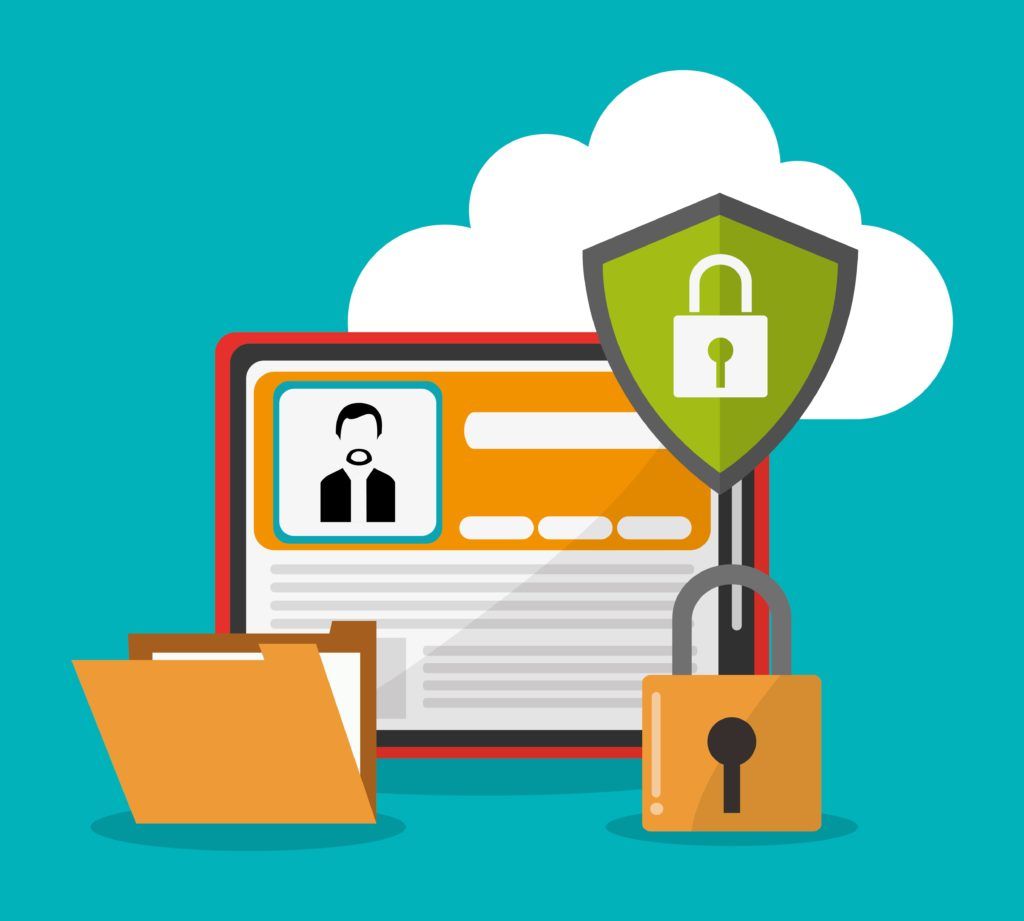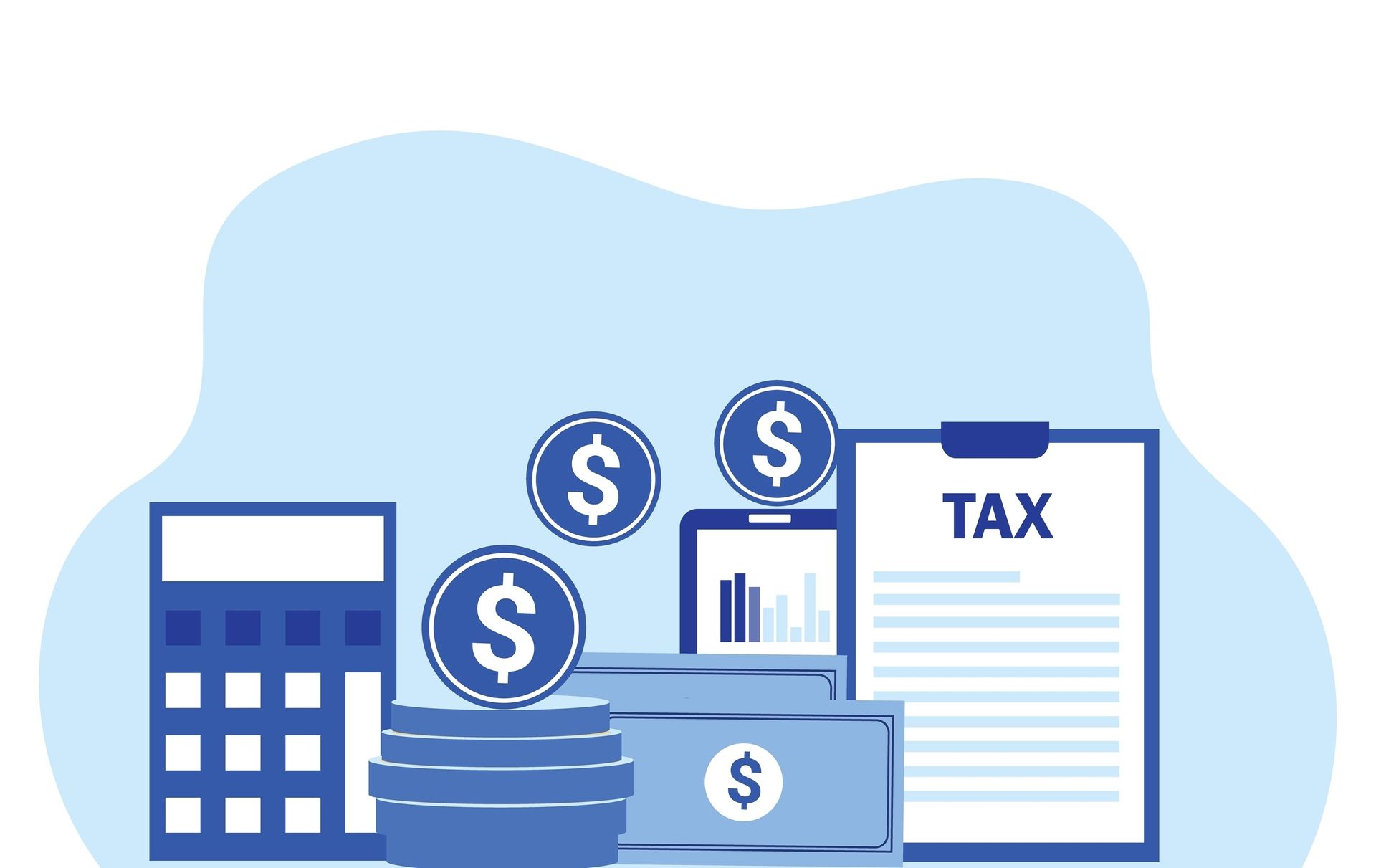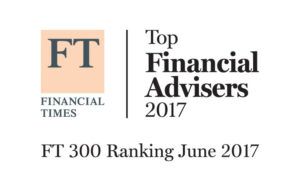Protecting Your Financial Information Online

More consumers are conducting financial transactions online and may become vulnerable to tracking, hacking, identity theft, phishing scams, and other cyberspace risks. While nothing can guarantee complete safety on the Internet, understanding how to protect your privacy can help minimize your exposure to risk.
Here are some ways to safeguard your information:
Read privacy policies. Before conducting any financial transactions online, carefully read the privacy policies of each institution that you plan to do business with to find out how secure your financial information is. If you do not understand the legal jargon, email or call customer service to request a simplified explanation of the privacy policy.
Avoid using weak PINS and passwords. When deciding PINS, passwords, and other log-in information, avoid using your mother’s maiden name, your birth date, the last four digits of your Social Security number, or your phone number. Avoid other obvious choices, like a series of consecutive numbers or your home town. Also, do not use the same PINS and passwords on multiple sites.
Look for secured web pages. Use only secure browsers when shopping online to safeguard your transactions during transmission. There are two general indicators of a secured web page. First, check that the web page url begins with “https.” Most urls begin with “http;” the “s” at the end indicates that the site password will be encrypted before being sent to a third-party server. Second, look for a “lock” icon in the window of the browser. (It will not be in the web page display area.) You can double-click on this icon to read details of the site’s security policy. Be cautious about providing your financial information to websites that are unfamiliar. Larger companies and well-known websites have developed policies to protect the rights and financial information of their customers. So, resist the temptation of providing personal information to unknown companies.
Utilize Two-Factor Authentication. Most financial custodians require two-factor or multi-factor authentication to access accounts. That is, adding a second layer of protection when logging in, such as a text code or push notification.
Keep your operating system up-to-date. High-priority updates are critical to the security and reliability of your computer, and offer the latest protection against malicious online activities. When your computer prompts you to conduct an update, do it as soon as possible.
Update antivirus software and spyware. Keep both your antivirus and your spyware programs updated regularly.
Keep your firewall turned on. A firewall helps protect your computer from hackers who might try to delete information, crash your computer, or steal your passwords or credit card numbers. Make sure your firewall is always on.
Do your homework. To learn more tips for securing your computer and protecting your private information when conducting financial transactions online, visit www.getnetwise.org, www.onguardonline.gov, or www.wiredsafety.org.
In addition, the Federal Trade Commission (FTC) works on behalf of consumers to prevent fraudulent, deceptive, and unfair practices in the marketplace. To file a complaint or to obtain more information, visit www.ftc.gov or call 1-877-FTC-HELP (1-877-382-4357).
As the Internet continues to evolve, new risks, along with additional protective measures, will be revealed. However, it is up to you to safeguard your financial information online through education and awareness.
About The Author
Ayaz Mahmud
Ayaz brings almost thirty years of investment management experience to West Branch Capital. He serves as the firm’s Chief Executive Officer. Ayaz founded West Branch Capital in 2004 after spending over twenty years as a top wealth advisor at premier global investment banks: Kidder Peabody, Smith Barney and Lehman Brothers. At Lehman Brothers, he helped build the Wealth Management Group in Boston and co-managed the Equity and Fixed Income Middle Market Institutional Trading Desks. Ayaz has managed client portfolios throughout his career. Ayaz holds an M.A/M.B.A and a B.A/B.S from Syracuse University.
Recent Articles

Categories



